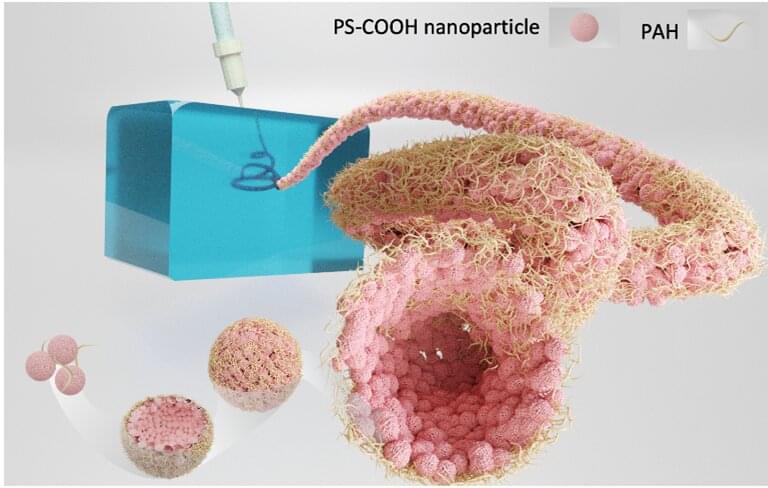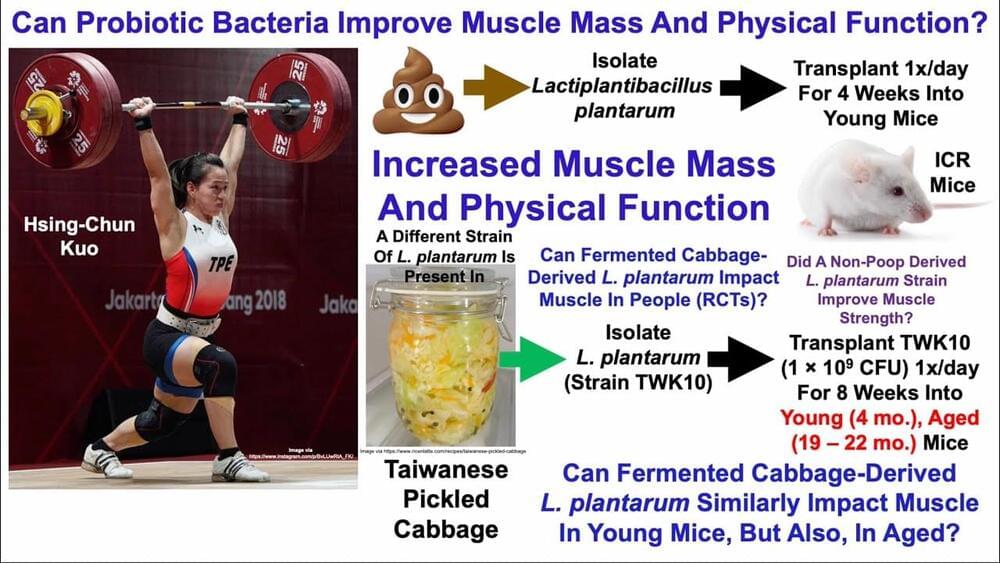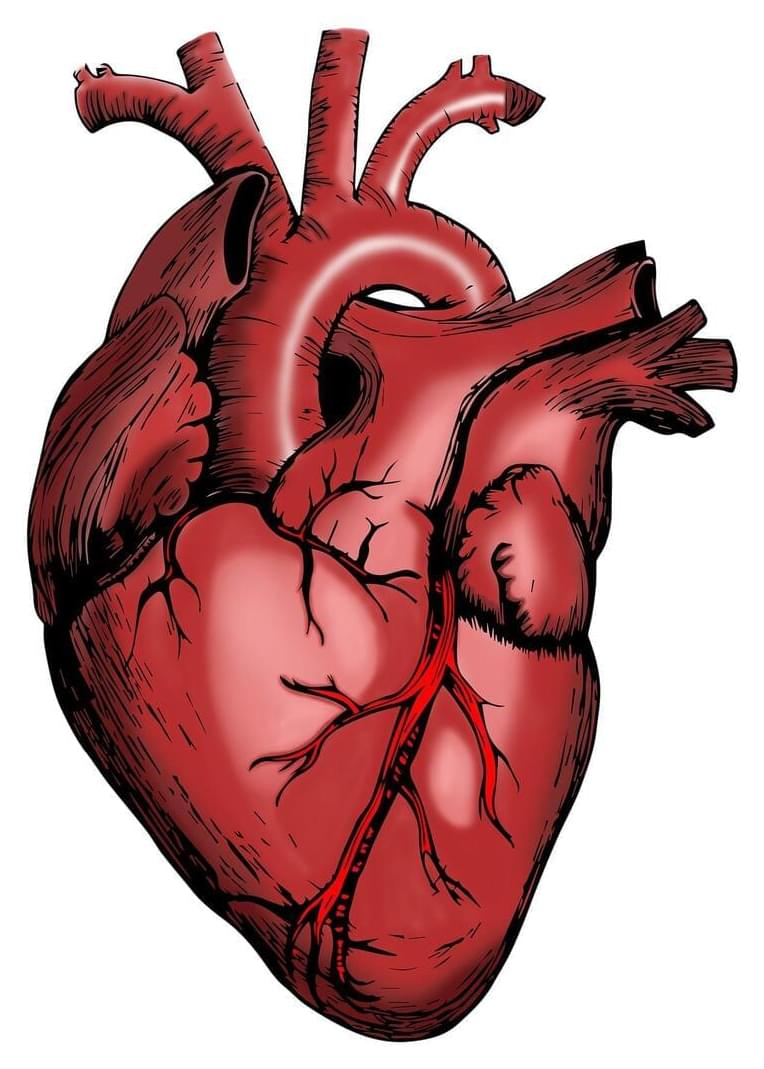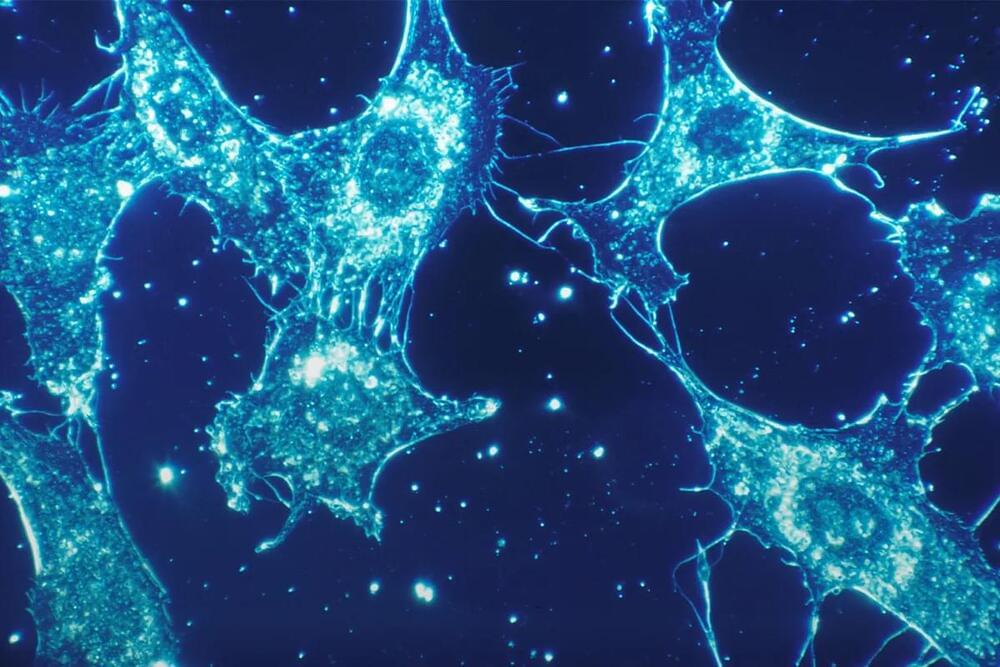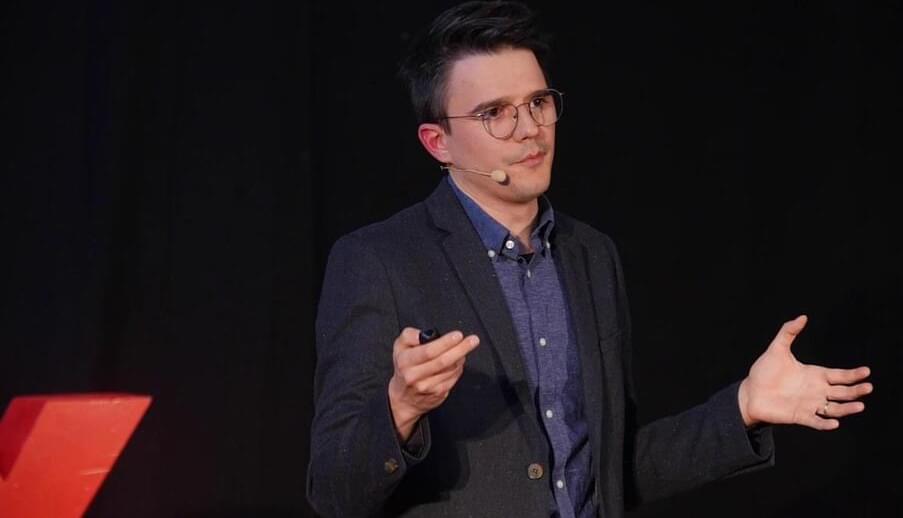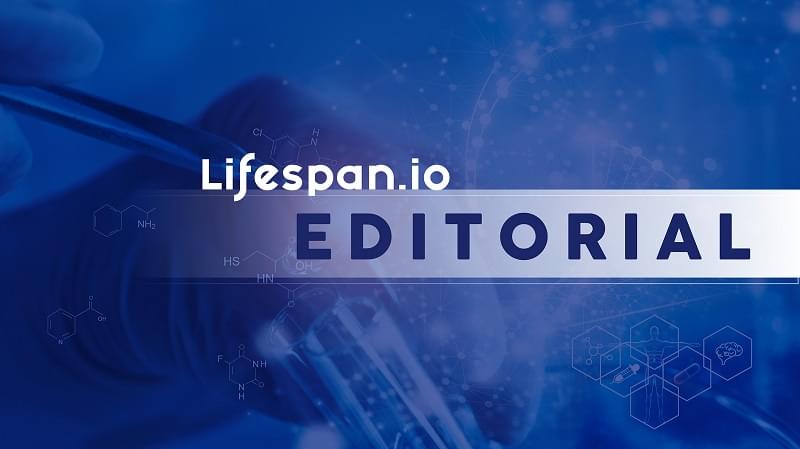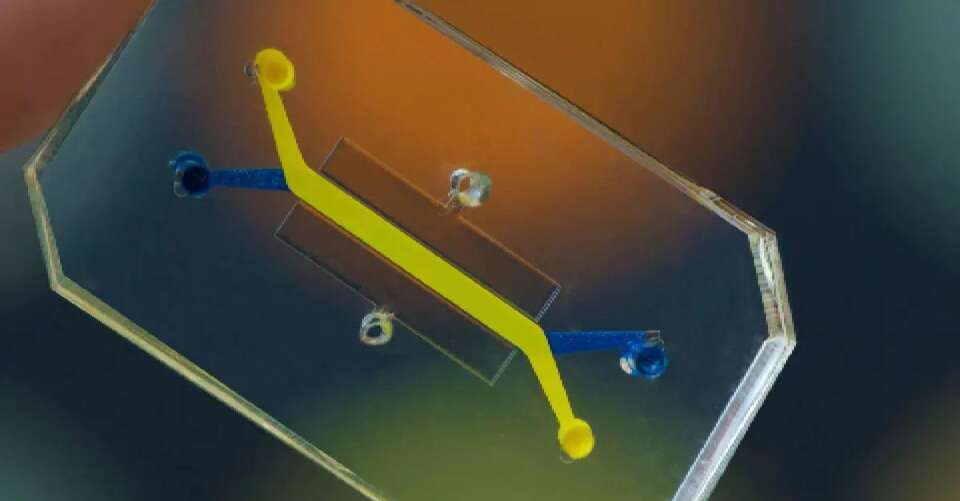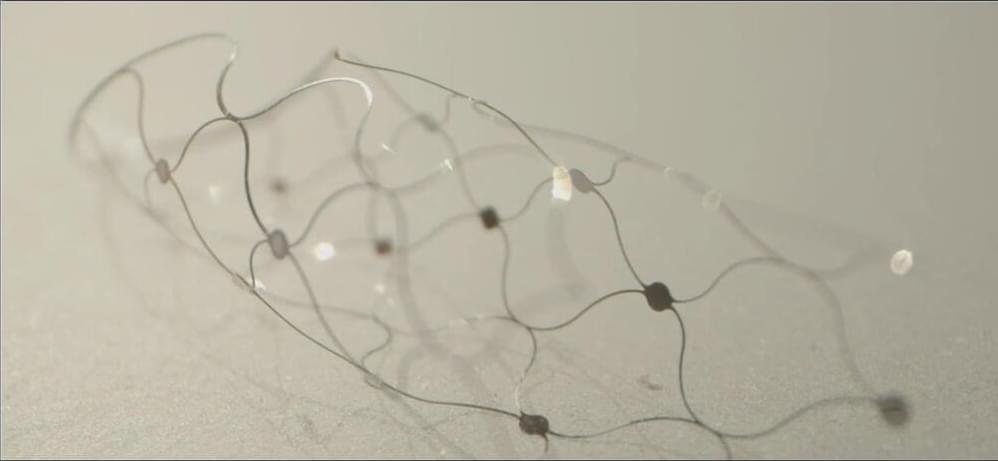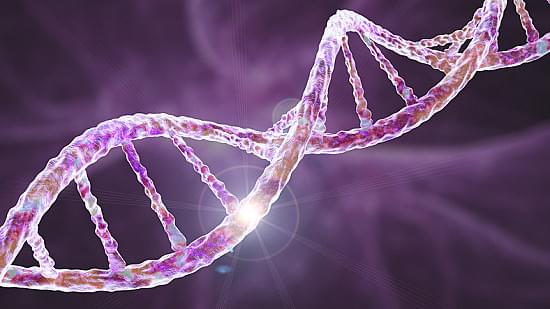Dec 18, 2022
Researchers pioneer biocompatible all-water ‘Aquabots’
Posted by Dan Breeden in categories: biotech/medical, cyborgs, robotics/AI
Soft robots have phenomenally advanced in recent years. Microscale soft robots designated to navigate difficult paths and perform biological functions in the human body could have profound potential biomedical applications such as surgery, prosthetics, and pain relief.
Currently, the intrinsic functionalization of bio-inspired soft robots is based on elastomeric materials such as silica gel, which requires introducing bulky components and extensive processing steps. They have major limitations in their extent of deformability as compared to their natural biological counterparts.
Continue reading “Researchers pioneer biocompatible all-water ‘Aquabots’” »
